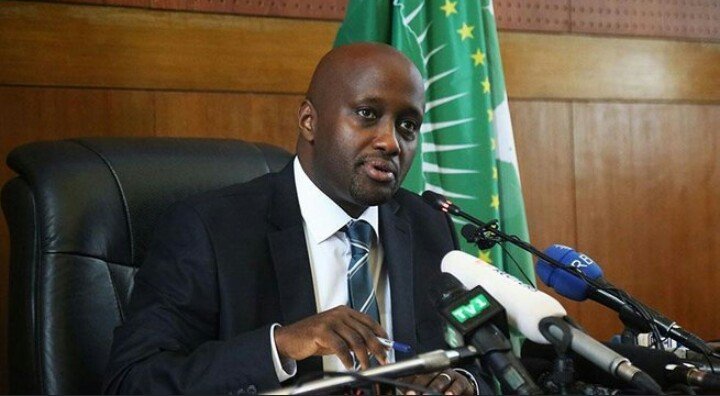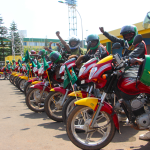Rwandan Foreign Minister Olivier Nduhungirehe has dismissed statements by the United States and the European Union that condemned M23’s recent capture of two localities in Masisi, including the provincial capital, as evidence of bias and double standards.
In their statements, both the US and EU accused Rwanda of supporting M23, urging Kigali to “immediately stop any support” to the rebel group.
However, Minister Nduhungirehe countered these claims, arguing that the accusations overlooked the earlier incursions by the FDLR (Forces démocratiques de libération du Rwanda) and ignored the involvement of Western military mercenaries aiding a coalition comprising the FDLR, CMC Nyatura, Wazalendo and Burundian forces.
He emphasized that the international community’s focus should be on addressing the root causes of the conflict in Eastern DRC and called for direct political talks between the DRC government and M23.
“The conflict in Eastern DRC cannot be resolved through quick fixes, photo ops, or blame games,” he stated.
Nduhungirehe criticized what he termed as the “infantilization” of the DRC leadership and called for a comprehensive approach that considers the persecution of Congolese Tutsis and security threats to Rwanda, citing President Félix Tshisekedi’s “bellicose rhetoric” as a significant concern.
The US State Department, through spokesperson Matthew Miller, denounced M23’s recent actions as damaging to peace efforts and harmful to civilians.
“M23 must immediately cease hostilities and abide by the ceasefire. We reiterate our call for Rwanda to withdraw all Defense Force personnel and equipment from the DRC,” Miller stated.
He also urged both Rwanda and the DRC to uphold their commitments to the Angola-mediated Luanda Process.
The EU echoed these sentiments, condemning M23’s actions as a violation of the ceasefire agreement under the Luanda framework and urging Rwanda to sever ties with the rebel group.
The EU also called on the DRC to end cooperation with the FDLR, warning of potential sanctions against those perpetuating instability in the region.
Local leaders have also voiced their frustration over repeated violations of the August 4, 2024, ceasefire agreement, urging all parties to honour their commitments to ensure peace and stability.
Despite growing international pressure, the DRC government remains firm in its stance, refusing to engage in negotiations with M23.
This refusal has drawn criticism from observers who insist that a military solution alone will not end the protracted conflict in the region.





